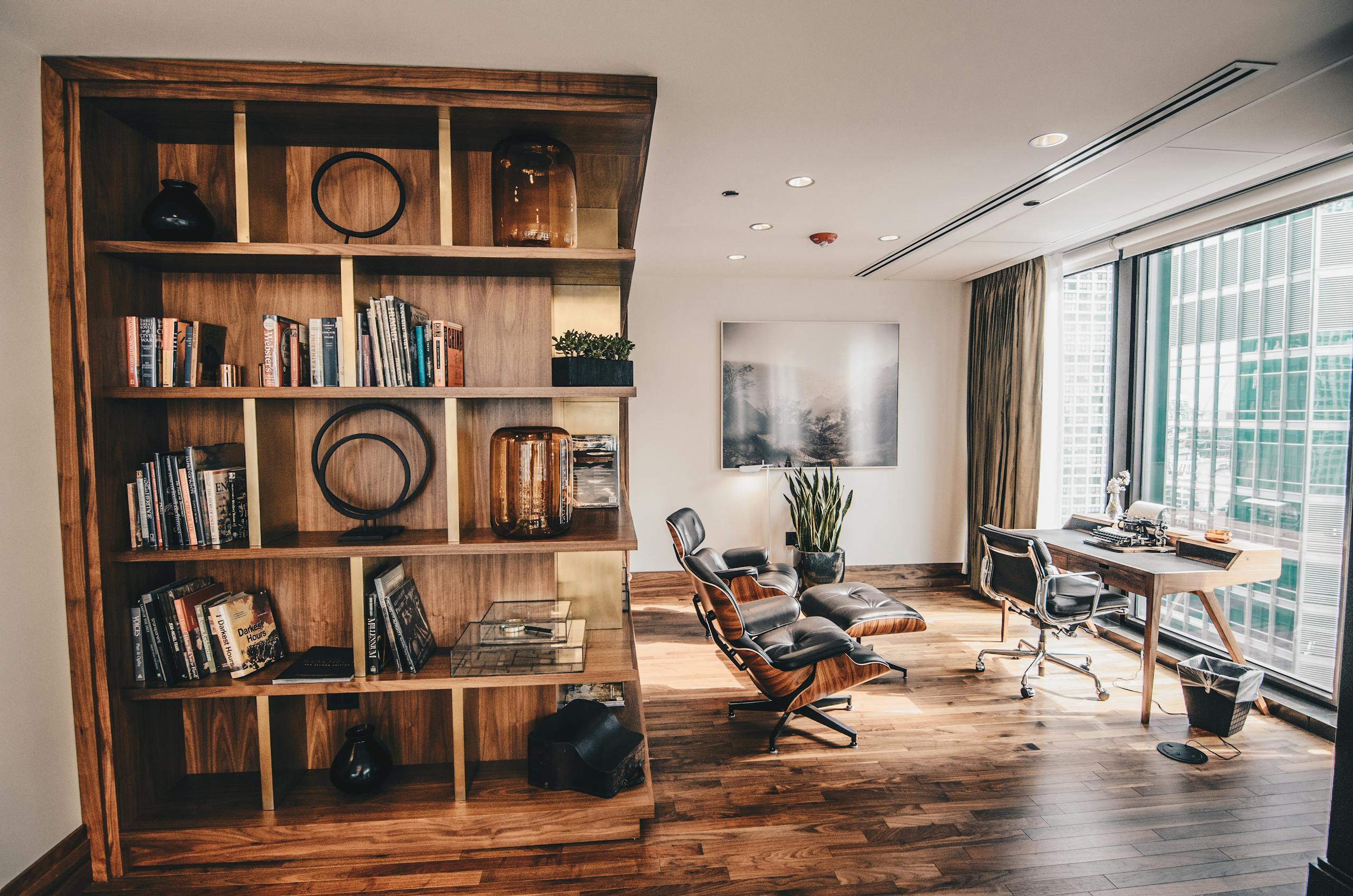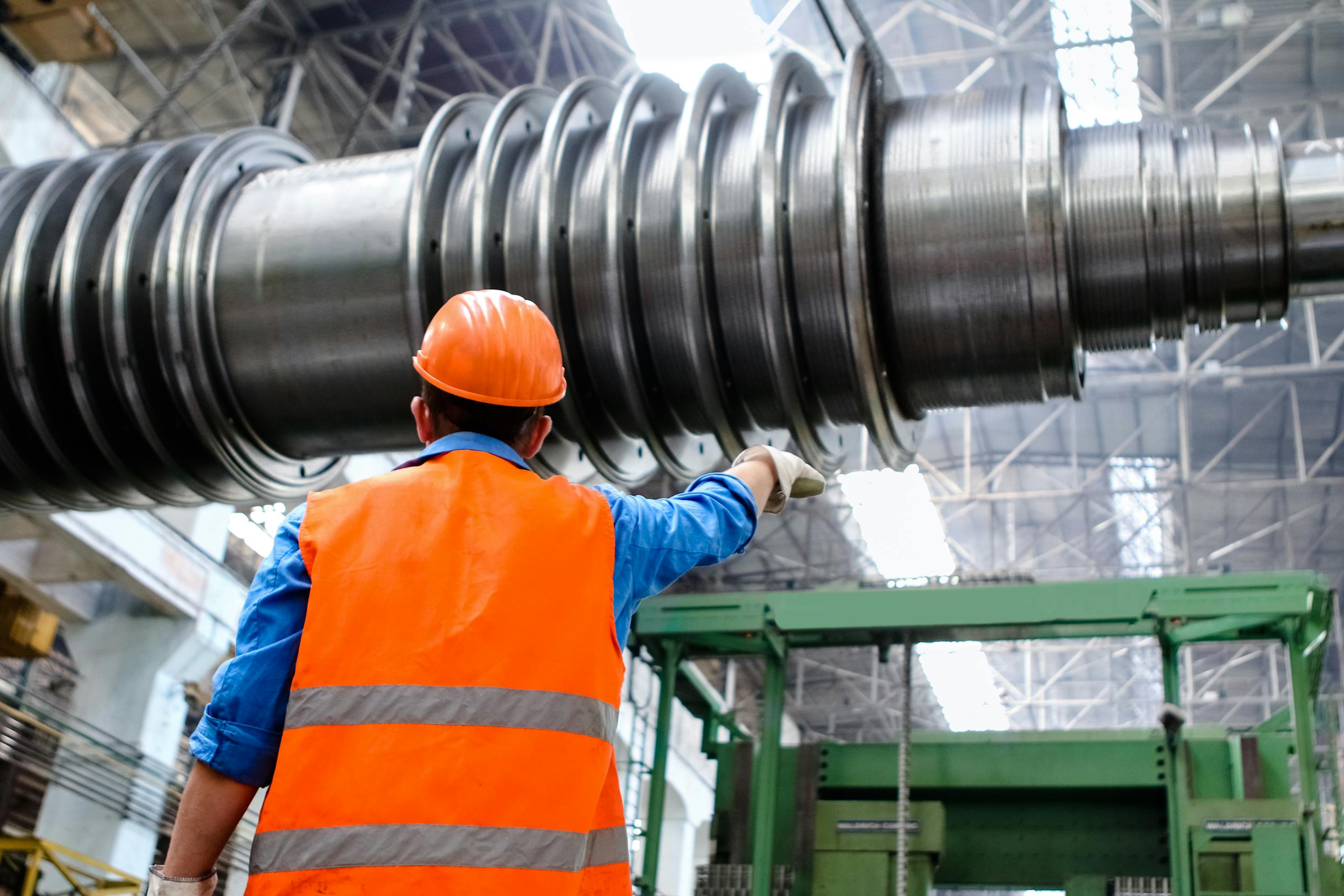Plumbing
Plumbers are responsible for the installation and repair of water, gas, and various piping systems in residential, commercial, and industrial environments. They put in plumbing fixtures like bathtubs and toilets, as well as appliances such as dishwashers and water heaters. Additionally, they handle drain cleaning, obstruction removal, and the repair or replacement of damaged pipes and fixtures. Plumbers also assist with the upkeep of septic systems—large underground tanks that store waste for homes not linked to a sewer system.
Pipefitters and steamfitters—often referred to simply as fitters—install and maintain piping that transports chemicals, acids, and gases. These pipes are primarily found in manufacturing facilities, commercial businesses, and industrial locations. Fitters install and fix pipe systems in power plants alongside heating and cooling systems within large office buildings. Steamfitters focus on systems designed for high-pressure liquid or gas flow. Other types of fitters may specialize further into roles such as gasfitters or sprinklerfitters.






Plumbing Steps
Design of domestic cold and hot water systems, natural gas systems, compressed air systems, medical gases systems, storm drainage systems, sanitary drainage systems and acid waste systems.
Design of grease and oil interceptor systems.
Design of storm detention and retention systems..
Design of water irrigation systems.
Design of “grey water” systems for irrigation or sanitary services.
Design of heat pump, gas, electric, propane, steam and oil operated domestic water heaters.
Inspection and overall assessment of operating conditions of existing plumbing systems for property acquisitions and/or to create budgets for capital improvement projects.
Assist building developers and public agencies in conducting Value Engineering (VE) studies to reduce cost of construction of plumbing systems.
When doing work in campus settings or doing tenant design work, coordinate with owners for extension of plumbing systems and for compliance with base building or campus plumbing design standards.
Provide technical assistance to contractors and construction managers during plumbing construction phase to verify codes compliance, compliance with design intent, overall quality assurance in construction of plumbing systems, verify accuracy of RFI responses by Engineers of Records (EORs), assist in resolution of plumbing conflicts and/or unforeseen filed conditions, assist on resolution of objections from building inspectors, provide assistance to plumbing systems commissioning agents and for startup of plumbing systems and hydronic balancing.
Code compliance analysis of plumbing systems.
Write field reports and scope of work reports for existing plumbing systems, and schematic reports for new plumbing systems.
Production of HVAC design in CAD and/or REVIT (BIM).
Writing of electrical specifications.
